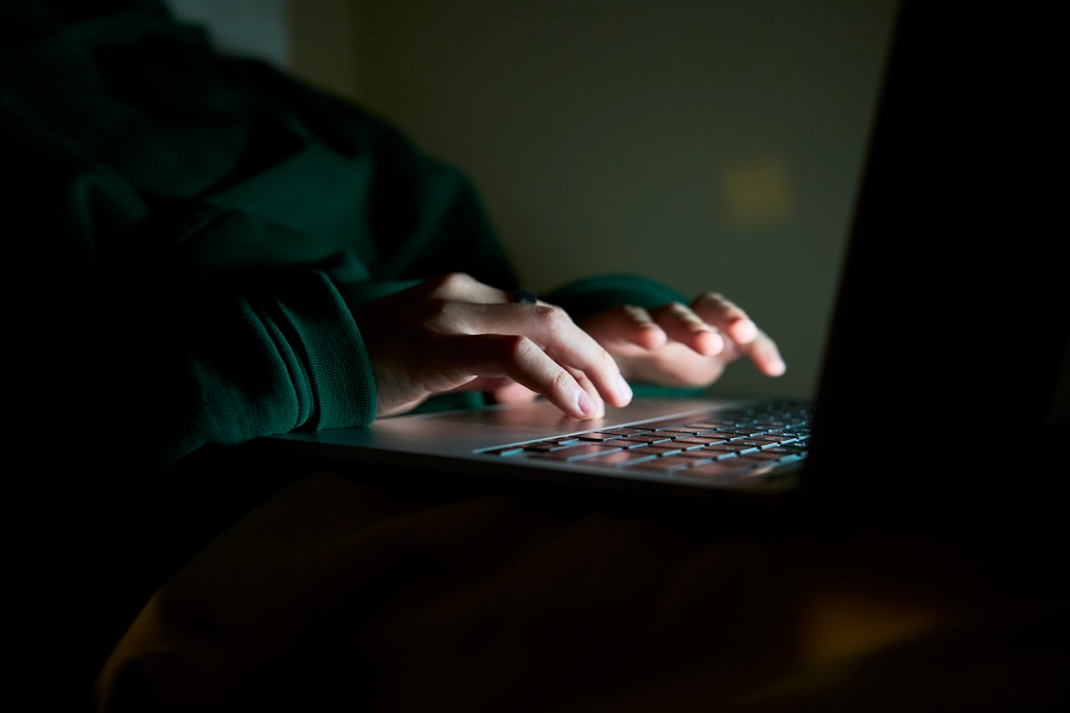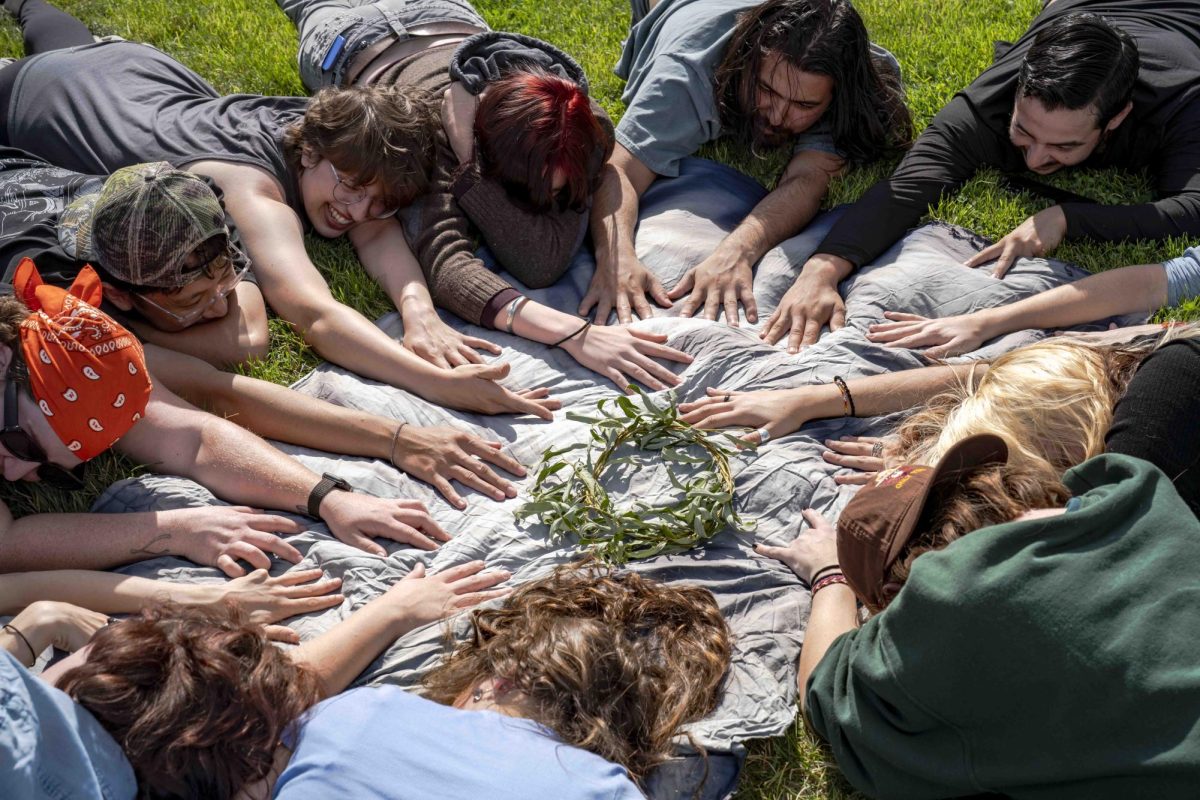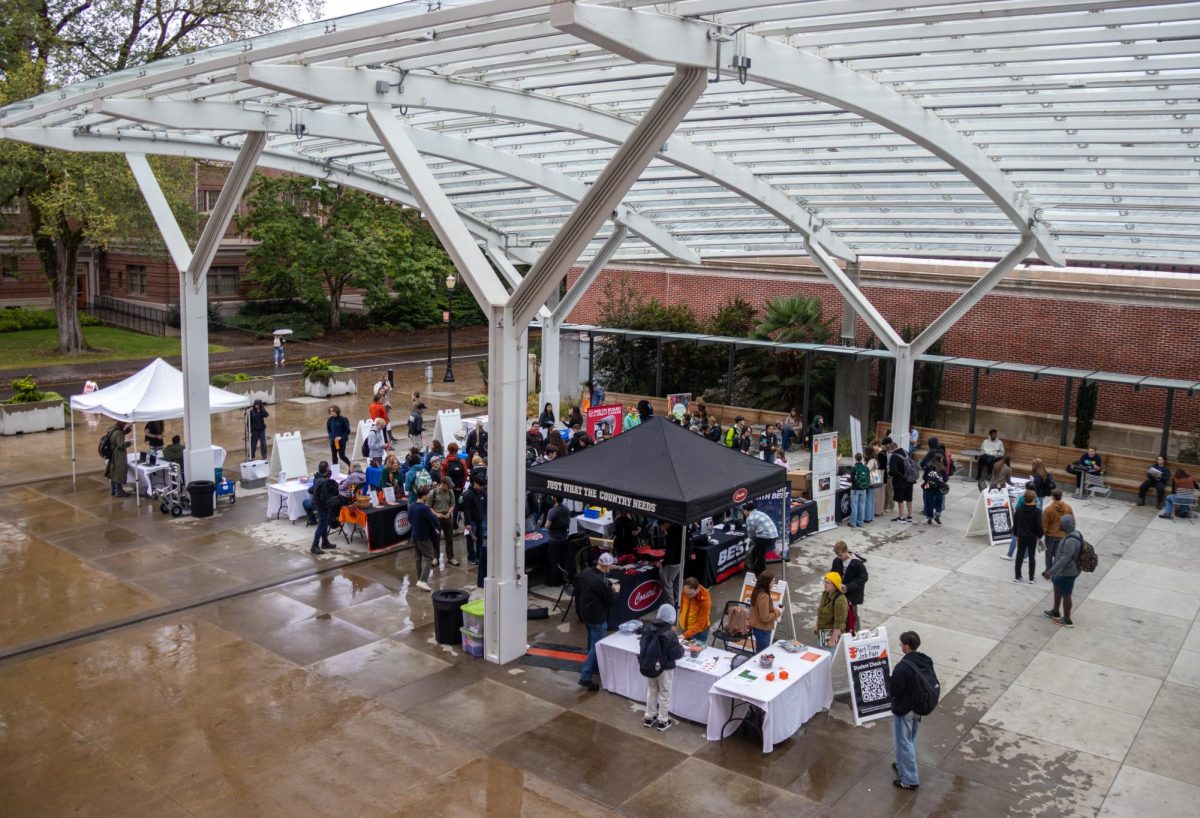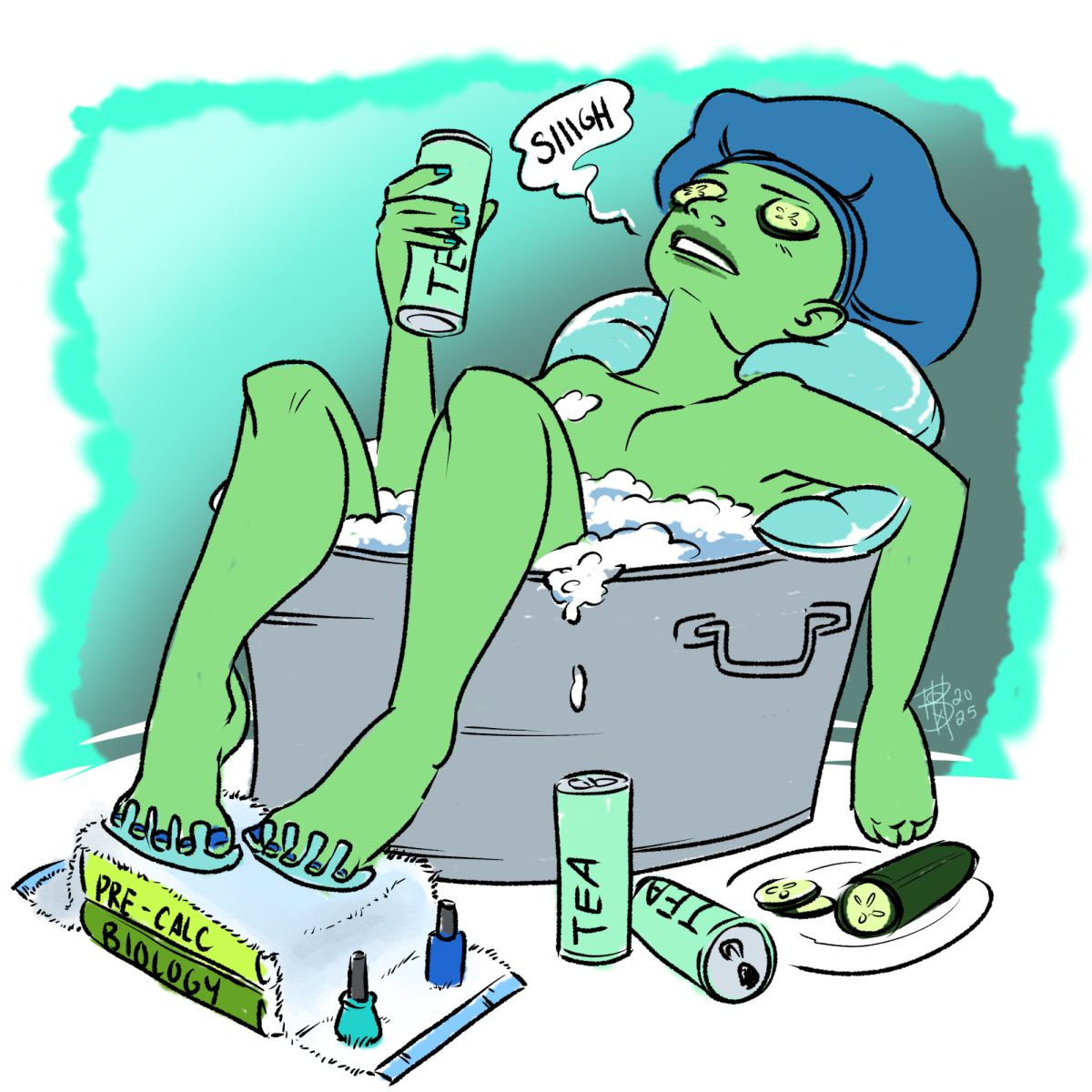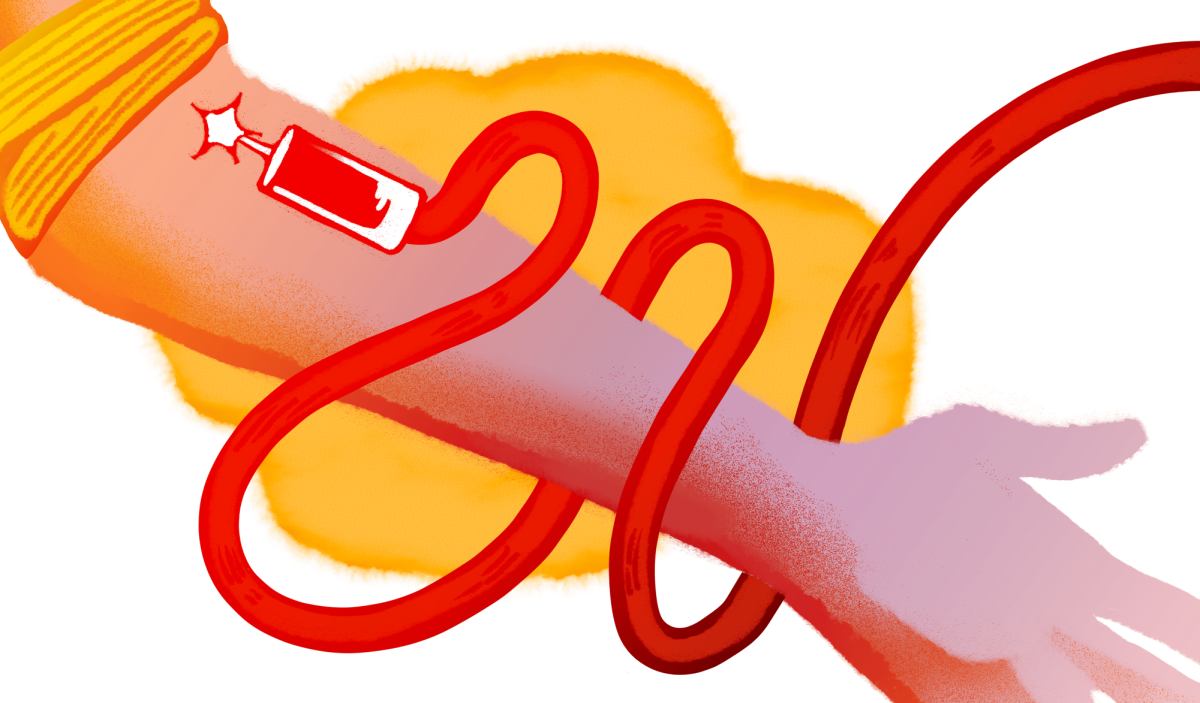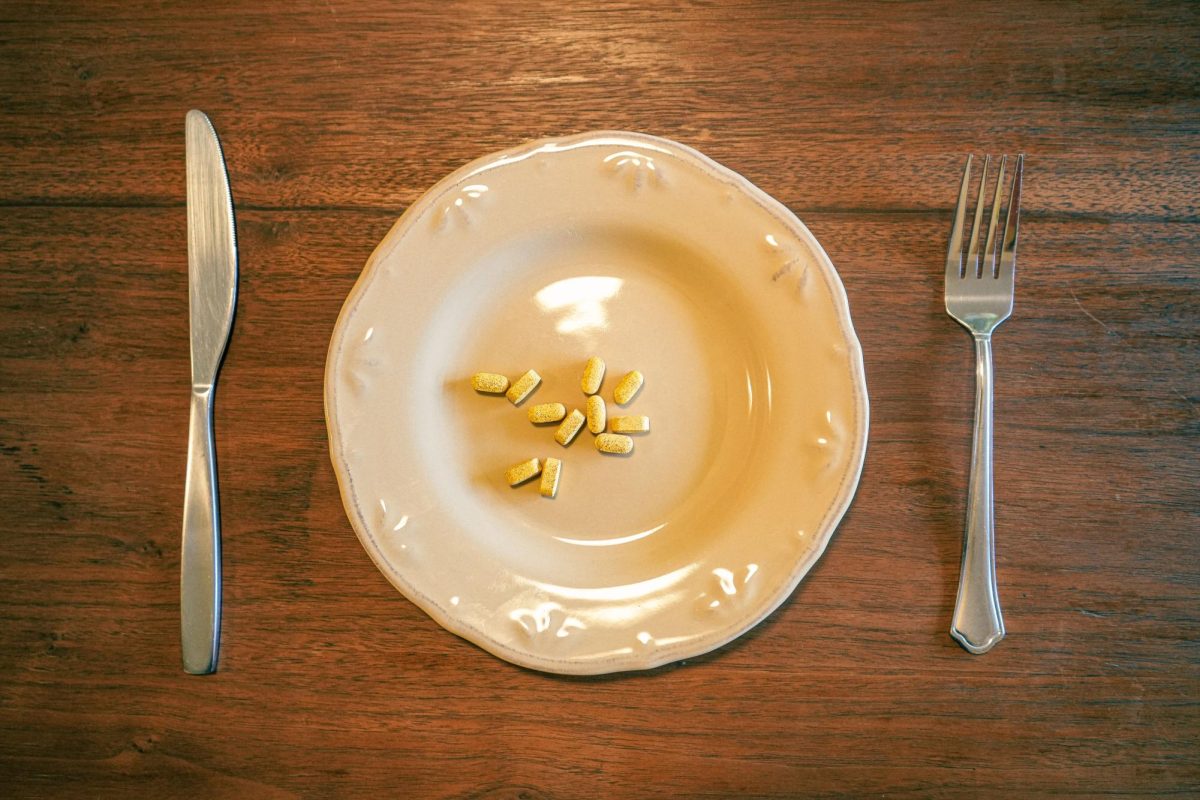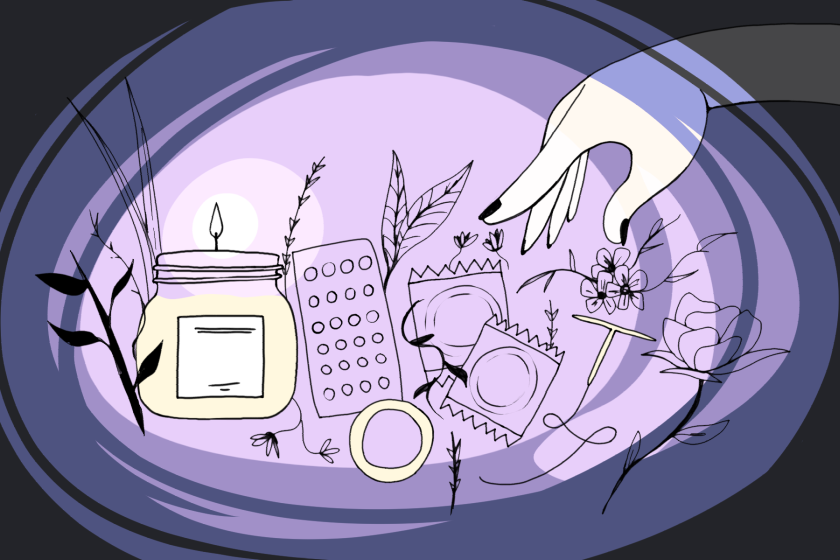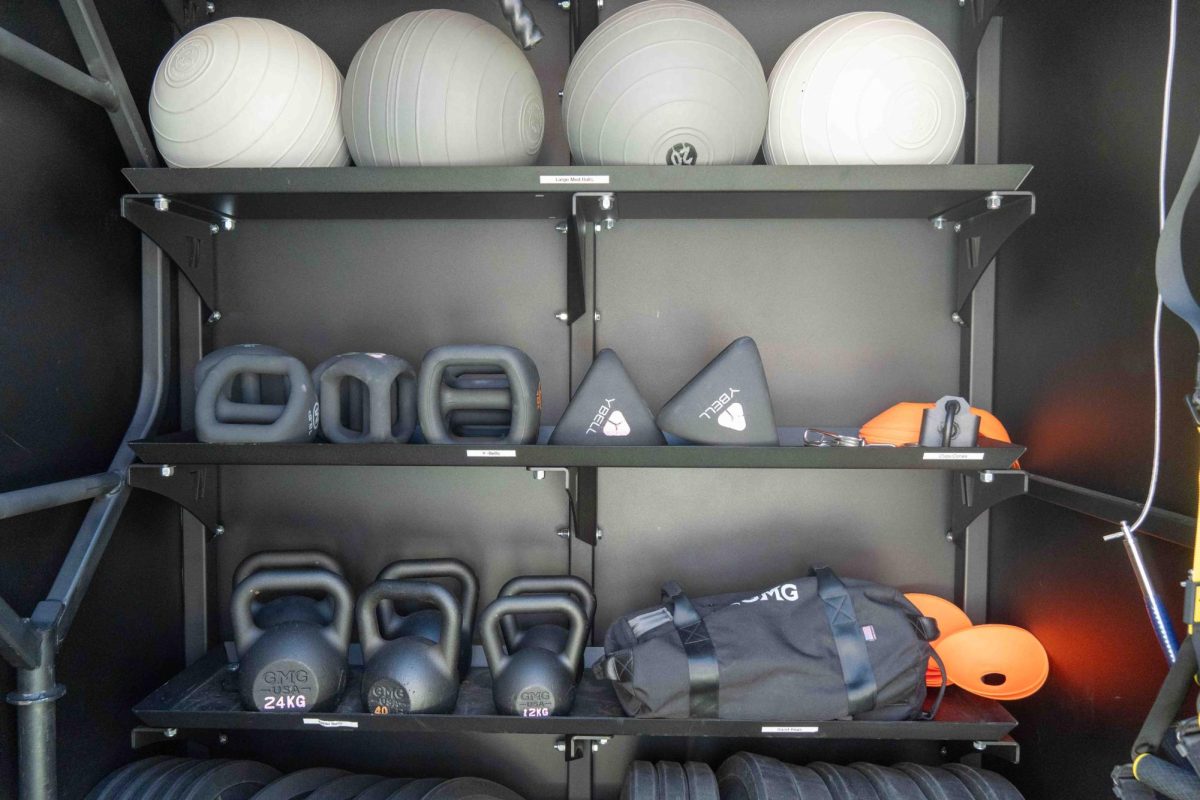Pulling an all-nighter; we’d like to think we’re responsible, organized students but procrastination and sneaky deadlines come up with about as much inevitability as Oregon rain.
Believe it or not, all-nighters aren’t always as bad as they seem, as long as a few key points are followed. According to a literature review published in 2023, sleep scientists generally agree that the effect of sleep deprivation will be less if you’re already caught up on sleep.
Taking a nap or just getting a good night’s rest before you embark on your nighttime study session will help ward off the brain fog and prime your memory.
During sleep, your brain and body do a lot of cleanup – processing memories, recycling neurotransmitters and lowering blood pressure. Not having a chance to do this can put a lot of stress on those systems. This means it’s also important to pay attention to the rest of your body’s needs, like nutrition and hydration, before and during the all-nighter.
Beavers Digest conducted an Instagram poll to get Oregon State University students’ tips on how to pull an all-nighter.
“Make sure all of your other needs are met. Eat and drink enough food and water, bring headphones if you’re sensitive to noise or other sensory stimulation,” said Lichen Fischer, a first-year pre-apparel design student at OSU.
Caffeine is also one of the more sure-fire ways to stay awake, but it can have its own drawbacks if you plan on catching up on sleep right after you’ve finished or drink too much. Read more about some of the adverse effects from our recent reporting below.
The science of how caffeine and how it affects our sleep
How the main ingredients in energy drinks might impact health
Stayce Mockel, a third-year Mechanical Engineering major at OSU agrees: “Keep busy, hydrated and well caffeinated.”
Minimizing distractions can also be a powerful way to keep focused and accomplish tasks.
“In my experience, the (more tired) you are, the more easily distracted you are,” said Robert Avery, a fourth-year computer science and math major at OSU.
Kian Shayegh responded similarly; “Limit distractions such as outside noise and phone use. Time is limited so stretching it as much as you can will be beneficial.”
And as you approach the light at the end of the tunnel – the conclusion of that paper or the last chapter of the textbook – research shows it’s just as important to continue to hydrate and get some well-needed rest.
“If you have to, try to pull the all-nighter and follow it with a nap, lots of sleep, nutritious food, and lots of water,” said Grace Knutsen, a fifth-year OSU student studying History, French and German.
It’s also not a bad idea to turn on a bright, overhead light. Research also shows that light plays a very important role in the roughly 24-hour sleep-wake cycle that helps determine when you start to feel drowsy.
Of the students polled for this article, most said that their all-nighters turned out successfully, depending on how you define the term “success”.
“Most of my all-nighters have been successful in that I completed the task I was hoping to work on,” Knutsen said. “I wouldn’t recommend it because it doesn’t feel good and is bad for your mind and body.”
Avery reported having pulled all-nighters to do homework (and once to play Minecraft) and finishing lots of work. But, when asked if he would recommend pulling all-nighters, he advised against it.
“Just don’t let work pile up to the point you have to, although if there’s no class the next day, briefly becoming nocturnal after an all-nighter isn’t that bad,” Avery said.
Hugh Clarke, a third-year food science and technology major at OSU pulled an all-nighter to study for an organic chemistry final. He reported receiving a B despite having a failing grade prior to the final, but low functioning the next day.
“You will feel like you have the brainpower of a nine-year-old the next day,” Clarke said. “Most likely because it’s true.”
When prompted for tips on pulling a successful all-nighter, Clarke recommended: “Don’t.”

